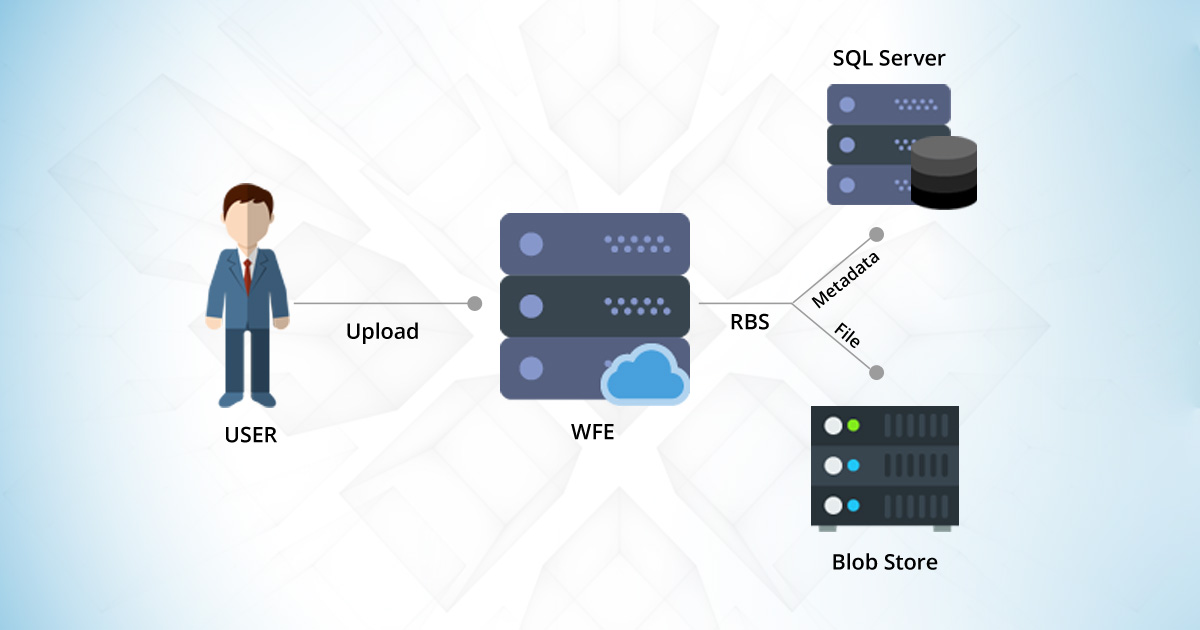Posted By
Darren Love
on
19. June 2013 05:04
As per our last blogs Remote Blob Storage (RBS) with SharePoint 2013 and RBS with Encryption, many customers use RBS for enhanced performance and to overcome size limitations with existing file system. These blogs provide basic understanding of Remote Blob Storage (RBS) and how you can use it with added encryption support. Now let’s explore some typical scenarios to decide when to use and when not to use Remote Blob Storage (RBS).

When to use RBS?
- RBS can be a very helpful solution with improved performance, if you are having site collection with target for larger files, which are not going to be edited frequently.
- If you want to store fewer 256 KB or larger BLOBs with read- only purpose and access then RBS will provide better results.
- When you are having performance bottleneck with existing resources for SQL Server, RBS can definitely help you to improve overall systems performance.
- RBS might introduce some increased expenses due to IT operations complexity, because to maintain reference consistency the BLOB store and the content database must be backed up in proper synchronization. If these IT operations are less expensive then costly storage drives and resources, then you should first consider implementing RBS.
- RBS can improve performance with cost benefit, if files are not revised more frequently and more for read – only purpose.
When not to use RBS?
- When you want to store several 256 KB or smaller BLOBs with frequent write access and purpose, then you should avoid RBS.
- BLOB store utilizes significant space and increases its size as it creates and manages versions for each document. If your files require frequent revisions, then you should not use RBS, because it will reduce performance with increased BLOB store size.
- If you want to use database mirroring, then you should not use RBS. RBS provides limited support for DB mirroring and log shipping.
- When you don’t have any performance bottleneck with existing resources for SQL Server, then you should avoid using RBS.
- If overall expense and IT operations complexity introduced by RBS is higher than storage drives and resources, then you should not use RBS.
Depending upon RBS provider, each one has various limitations and capability. Encryption on BLOBs, DB mirroring and data compression are not supported by The FILESTREAM provider. Critical evaluation of specific scenarios, storage requirements and RBS limitations is very necessary to decide whether you should use or not to use RBS with SharePoint.
Call us at 484-892-5713 or Contact Us today to learn more about when to use Remote Blob Storage with SharePoint.
Rate This Post:
3f2847b8-cdd2-4ecf-8c39-14474a19cd40|4|4.8



